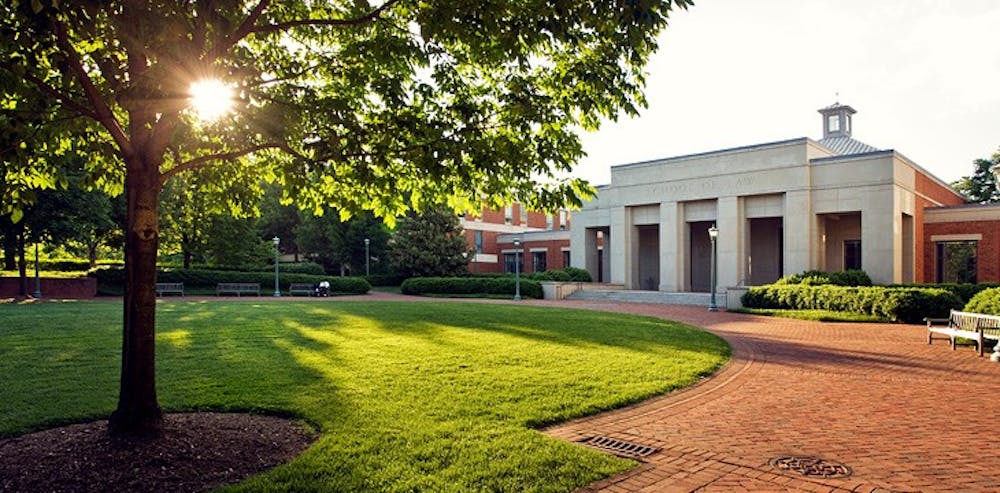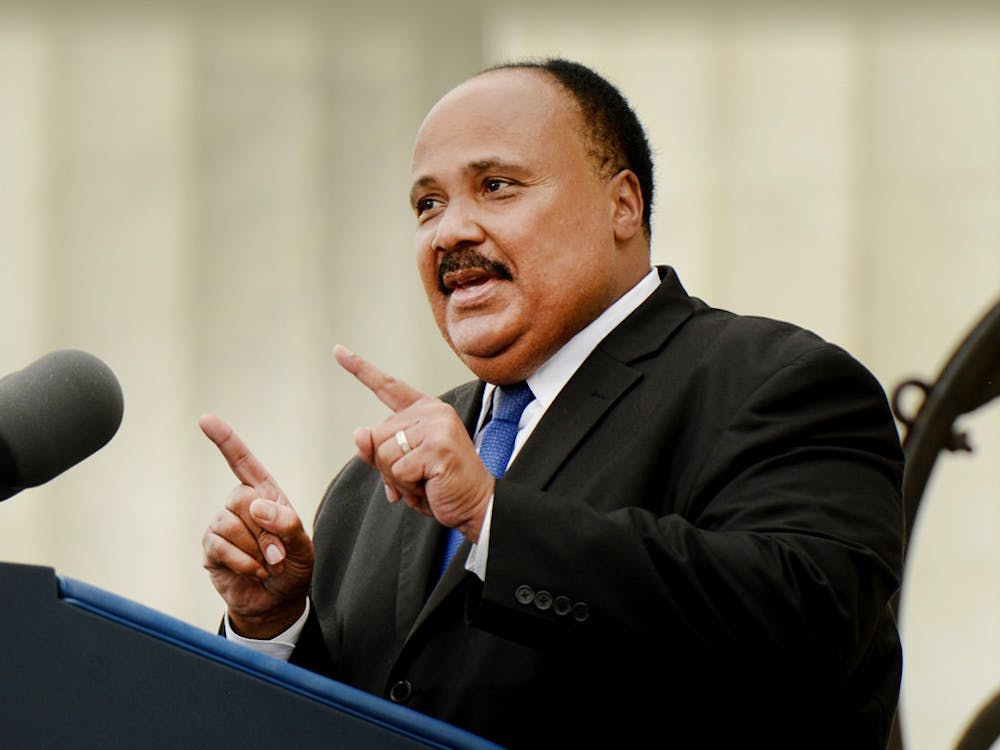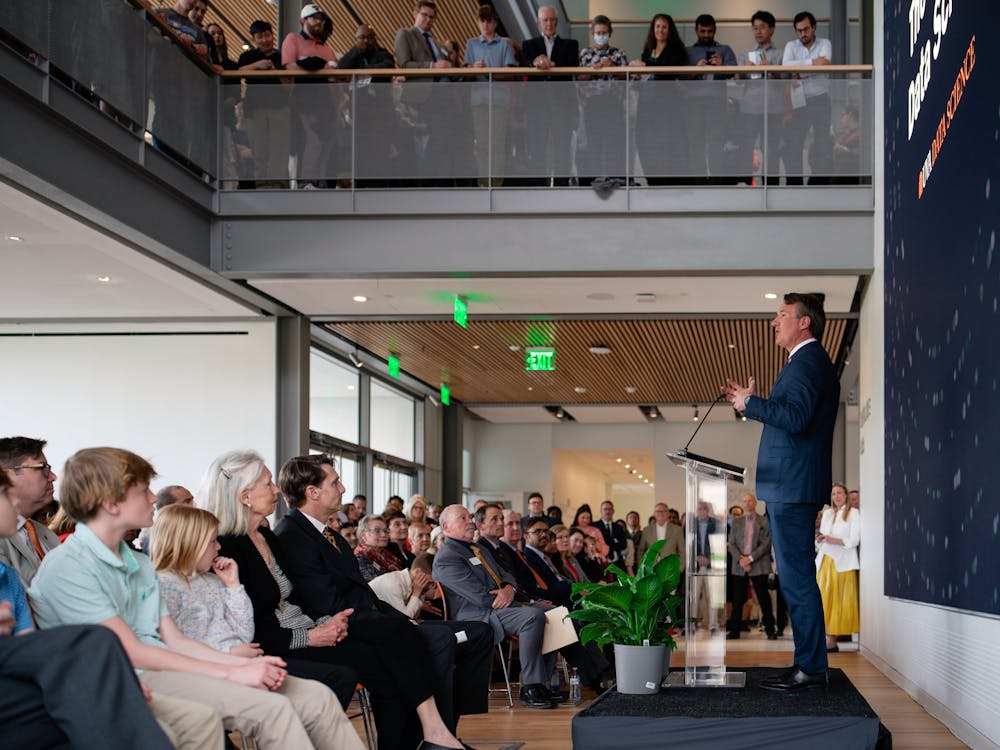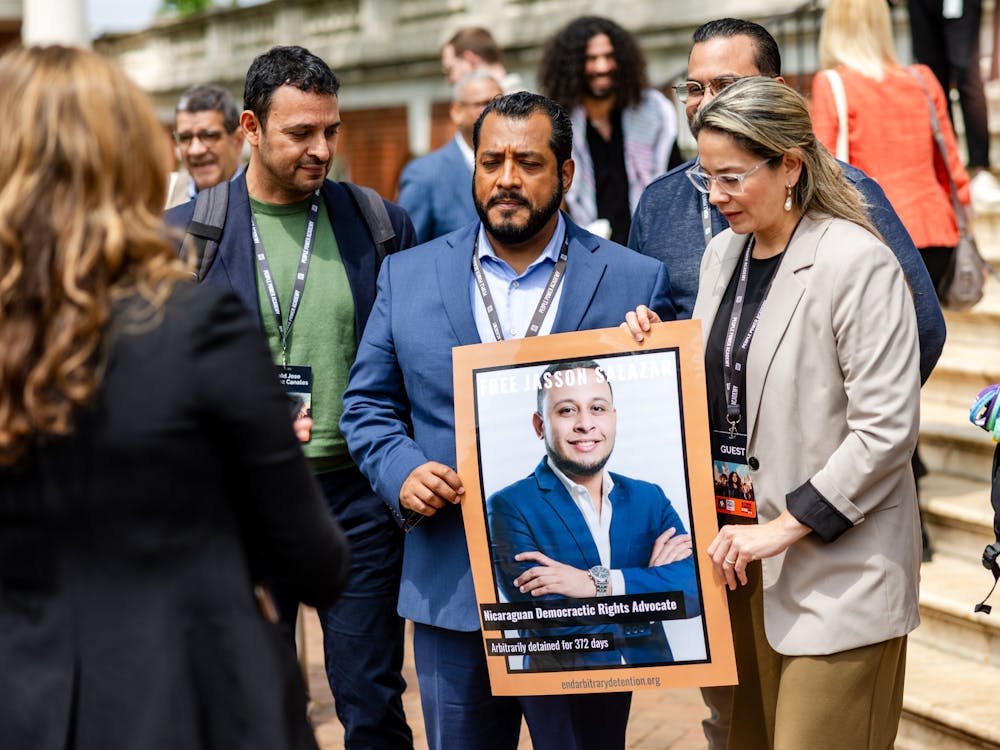A total of $514,979 in grants was awarded to 126 Law students to work in public service jobs this summer. This represents a fifty percent increase in funding from last year.
The grant program has gradually expanded since it was founded in the early 1980s.
In its first year, only six students were awarded grants. This year, the Public Interest Law Association was able to guarantee funding for all eligible students through a partnership with the Mortimer Caplin Public Service Center at the Law School.
While PILA raises money for the grant program through its own fundraisers, the Law School Foundation contributes additional funding.
Reedy Swanson, a third-year Law student and president of PILA, said the partnership between PILA and the Public Service Center allowed PILA to expand their grant program significantly.
“In order to do that, we needed more support from the administration, both financially and administratively,” Swanson said. “Having to work with over a hundred students to get through the application process takes a lot of time. PILA, with the Public Service Center, were able to process a lot more grants, and were able to fund more with the Law School Foundation.”
Annie Kim, director of the Mortimer Caplin Public Service Center, said the partnership allowed the groups to combine their individual strengths to better benefit law students.
“By working together, we were able to bring some of our administrative knowledge while the students were able to bring their historical understanding of how the program worked,” Kim said. “Students were able to get easier access to the application and have the grants paid out quickly.”
The main criteria for applicants are a certain number of pro bono or public service volunteer work. First-year Law students must have volunteered for 40 hours by spring break, while second-year Law students must have volunteered for 80 hours.
In addition, students who receive grants must volunteer at PILA the following year.
First-year Law student and grant recipient Ryan Snow, who will be working at the Campaign Legal Center in Washington, D.C., said the grant program allows law students who are interested in public service to work for “understaffed and underfunded” organizations who often cannot afford to pay their interns.
“It allows students to gain experience in public service instead of doing something more corporate,” Snow said. “It’s a way to make it less of an opportunity cost for those who want the experience of public service work.”
First-year Law student Jennifer Lee, who will work at Children’s Rights — a nonprofit in New York, will use the grant to offset the cost of her unpaid internship.
Lee said the expansion of the grant program demonstrates the Law School’s support for its students.
“The grant encourages and supports students to engage in public service work, because it provides financial support and shows that the school supports students interested in public service work,” Lee said. “You also get financial support and guidance from the Public Service Center and the school’s overall support.”
Because there is a large interest in legal jobs in the public sector, agencies seek potential employees with experience and an interest in public service.
Second-year Law student Teresa Hepler, who will use her grant to work with Mecklenburg Public Defenders in Charlotte, N.C., said the PILA grants will better prepare students for the job market.
“For people who want to do public service jobs, this enables them to get experience doing just that,” Hepler said. “These jobs are pretty competitive, so employers want to see a commitment. These grants allow students to get the experience that they need, and show that they are committed to public service.”
Second-year Law student and grant recipient Tex Pasley, who will perform legal research for the Sargent Shriver National Center on Poverty Law in Chicago, said the program “opens up a lot of doors for students who want to do public service work long-term.”
“If you want to work after graduation in a public service job, whether in the government or public sector, to get those jobs you need to show you have experience from working in those types of jobs during law school,” Pasley said. “It helps students who are interested in working in public service, while ensuring that they can pay rent in a place like New York City or Washington, D.C. where those jobs are available.”
Correction: This article previously listed Pasley and Hepler as third-year students, and Lee and Snow as second-year students. This article also previously noted that the Law School contributed additional funding this year as a new addition to the program.





